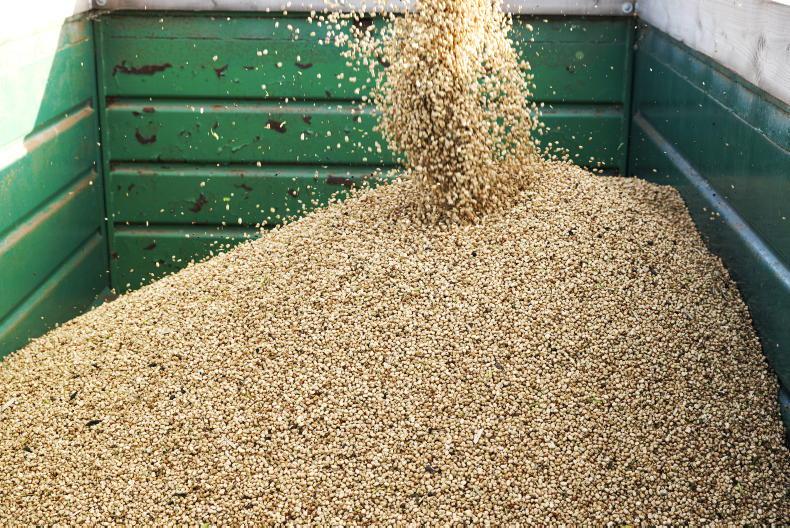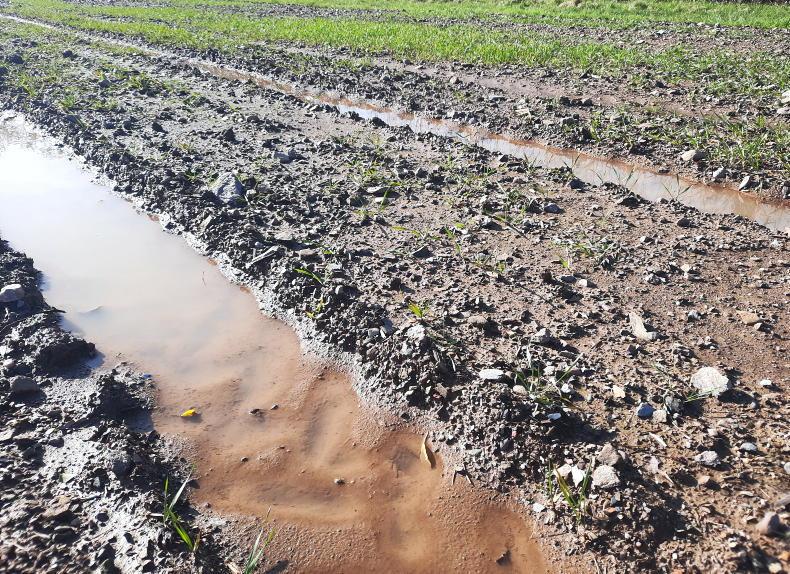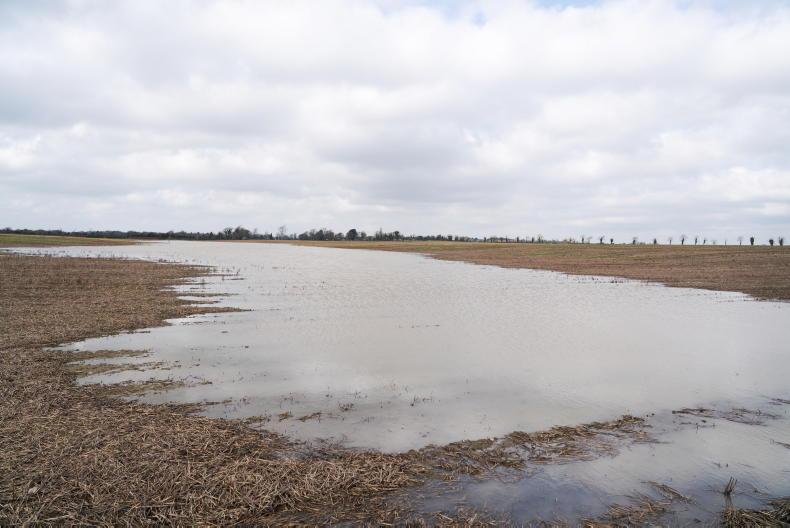Harvest: Harvest continues for many whether that be cereals or beans or peas. Straw also remains an issue for many and is still proving hard to gather. If you chopped straw under the straw incorporation measure then it needs to be incorporated as soon as possible after harvest. However, ground conditions are proving difficult for this task and for stubble cultivation at present.
Oilseed rape: Oilseed rape planting continues and farmers should try get crops in as soon as possible. Choose vigorous varieties for later planting and discuss the seeding rate with your adviser. A pre-emergence herbicide will work best if you can apply it in the two days after sowing. Break crops should be used to control problem grass weeds so spraying early is important.
Buffers: If you are planting oilseed rape remember that you need to leave a 3m uncultivated buffer beside watercourses on your farm. The rule came in in the new CAP and applies to all tillage land and crops.
Soil sampling: Autumn is a great time to soil-sample. You should ideally sample before cultivating for winter crops. If you are using soil sampling for eco-schemes you will need to sample after 15 September for the samples to count for next year or to get the full five years out of the sample. However, it is good to sample every three years or so.
Nitrates: Ground conditions are not suitable for stubble cultivations in some places, but farmers should remember the stubble cultivation requirements under nitrates which state that stubbles should be cultivated within 10 days of chopping or baling or 14 days of harvest. Land destined for winter crops does not need to be cultivated. Farmers should remember that on land which is not cultivated under nitrates rules, ie the 20-25% of stubble left for the birds over winter, then this land cannot receive a herbicide until 1 February in the following year unless a crop has been established. Stubble cultivation is required in all counties in Leinster, apart from Longford, as well as in Tipperary, Cork and Waterford.
Blight workshop: Teagasc will host a potato blight workshop on Tuesday 5 September at 2pm in Teagasc Oak Park, Co Carlow. Attendees will be shown blight trials with different products and there will be a discussion on the current strains of blight.
Crops forum: The annual Teagasc Crops Forum will take place in the Killashee Hotel, Naas, Co Kildare on Friday 8 September at 2pm. Some of the event will be available to view online. The event will cover everything from new varieties and integrated pest management to cutting greenhouse gas emissions. The last part of the event will focus on the future of tillage and hear from members of the Food Vision Tillage Group.









SHARING OPTIONS